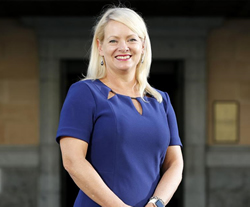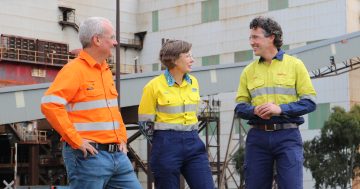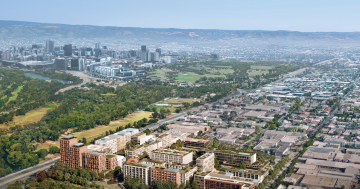 The Minister for Health, Yvette D’Ath and Deputy Mayor of Brisbane, Krista Adams have signed on the Fast-Track Cities Paris Declaration to end the HIV epidemic by 2030.
The Minister for Health, Yvette D’Ath and Deputy Mayor of Brisbane, Krista Adams have signed on the Fast-Track Cities Paris Declaration to end the HIV epidemic by 2030.
In doing so, Brisbane joins a network of more than 350 cities worldwide committed to the fast-track target.
Brisbane is the 14th Fast-Track City in the Asia-Pacific region and the fourth city in Australia, joining Adelaide, Melbourne and Perth with jurisdictions joining the Fast-Track Cities network aim to achieve the UNAIDS 95-95-95 HIV targets.
According to the Minister the aim to ensure that by 2030 95 per cent of people living with HIV will know their status; that 95 per cent of all people living with HIV will receive sustained antiretroviral treatment; and that 95 per cent of all people living with HIV on antiretroviral treatment maintain viral suppression.
Ms D’Ath said joining Fast Track Cities was a pivotal moment for Queensland.
“It shows our commitment to fast-track closing gaps in HIV prevention, testing and treatment, as well as striving to eliminate stigma,” Ms D’Ath said.
“It is estimated that there were 5,850 people living with HIV in Queensland in 2021,” she said.
“In 2021, 124 new diagnoses of HIV occurred in Queensland, lower than the previous five-year average of 165 new diagnoses.”
She said that while testing rates for many blood-borne viruses and sexually transmissible infections were impacted by the COVID-19 pandemic, there had been a decline in new HIV notifications in Queensland since the peak of 246 new notifications in 2014.
The Minister said this decline in notifications reflected a range of factors including continuing education programs developed for and by at-risk communities and the widespread availability of Pre-Exposure Prophylaxis, an anti-retroviral medication that reduces the chance of transmitting HIV to others through sex, needle-sharing, or during pregnancy and birth.
Deputy Mayor Ms Adams (pictured) said the 12th International AIDS Society Conference in Brisbane next July would not just be significant for the local economy, it would leave a lasting scientific, social and cultural legacy for the city.
“Our Council is committed to ensuring Brisbane is an equitable, inclusive, responsive, resilient and sustainable city and we support the zero target for stigma and discrimination,” Ms Adams said.











